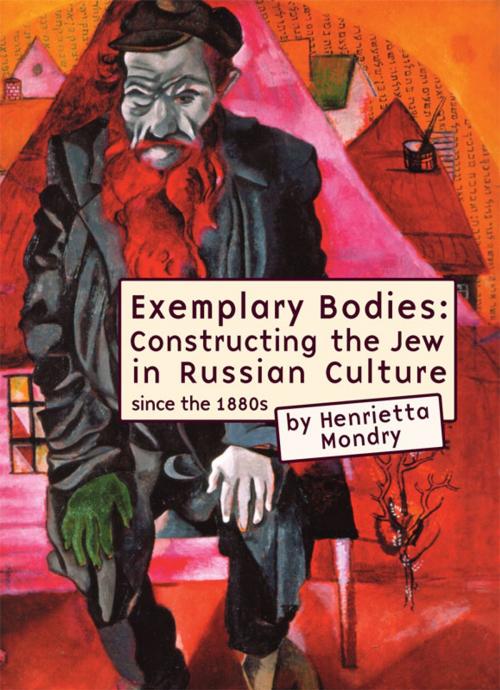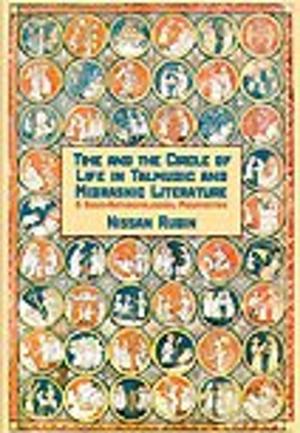Exemplary Bodies: Constructing the Jew in Russian Culture, 1880s-2008
Fiction & Literature, Literary Theory & Criticism, European, Russian| Author: | Henrietta Mondry | ISBN: | 9781618110268 |
| Publisher: | Academic Studies Press | Publication: | November 1, 2009 |
| Imprint: | Academic Studies Press | Language: | English |
| Author: | Henrietta Mondry |
| ISBN: | 9781618110268 |
| Publisher: | Academic Studies Press |
| Publication: | November 1, 2009 |
| Imprint: | Academic Studies Press |
| Language: | English |
Exemplary Bodies: Constructing the Jew in Russian Culture since 1880s explores the construction of the Jews physical and ontological body in Russian culture as represented in literature, film, and non-literary texts from the 1880s to the present. With the rise of the dominance of biological and racialist discourse in the 1880s, the depiction of Jewish characters in Russian literary and cultural productions underwent a significant change, as these cultural practices recast the Jew not only as an archetypal exotic and religious or class Other (as in Romanticism and realist writing), but as a biological Other whose acts, deeds, and thoughts were determined by racial differences. This Jew allegedly had physical and psychological characteristics that were genetically determined and that could not be changed by education, acculturation, conversion to Christianity, or change of social status. This stereotype has become a stable archetype that continues to operate in contemporary Russian society and culture.
Exemplary Bodies: Constructing the Jew in Russian Culture since 1880s explores the construction of the Jews physical and ontological body in Russian culture as represented in literature, film, and non-literary texts from the 1880s to the present. With the rise of the dominance of biological and racialist discourse in the 1880s, the depiction of Jewish characters in Russian literary and cultural productions underwent a significant change, as these cultural practices recast the Jew not only as an archetypal exotic and religious or class Other (as in Romanticism and realist writing), but as a biological Other whose acts, deeds, and thoughts were determined by racial differences. This Jew allegedly had physical and psychological characteristics that were genetically determined and that could not be changed by education, acculturation, conversion to Christianity, or change of social status. This stereotype has become a stable archetype that continues to operate in contemporary Russian society and culture.















